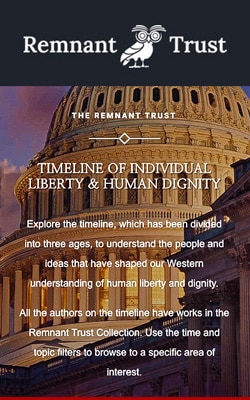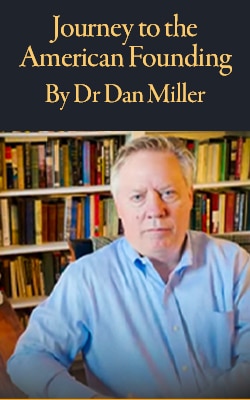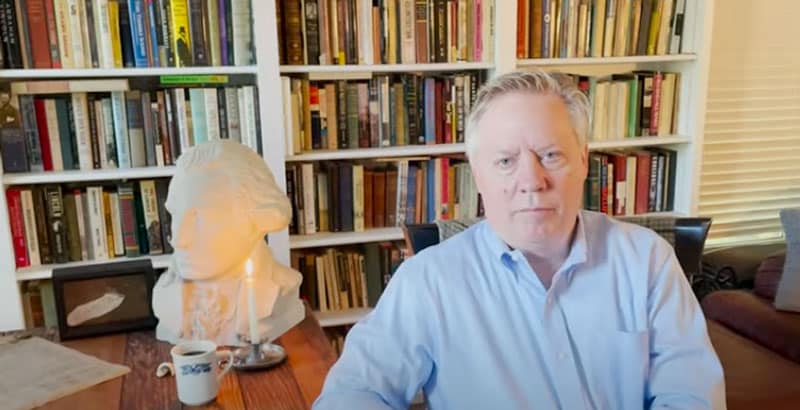Journey to the American Founding
May 4 1773
The stories we’re seeing from the last half of 1772 and early 1773 are a mixture of change and continuity. Surrounding the mixture is an intensification of actions and decisions. The new and old twist together in revolving cycles. The pace is not what it once was—it has picked up speed.
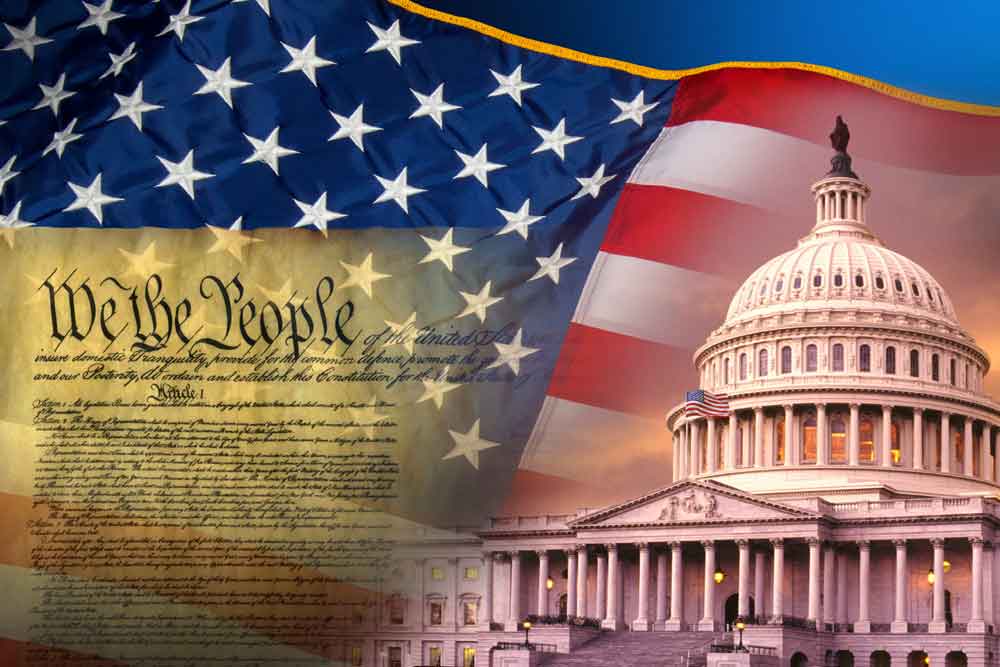
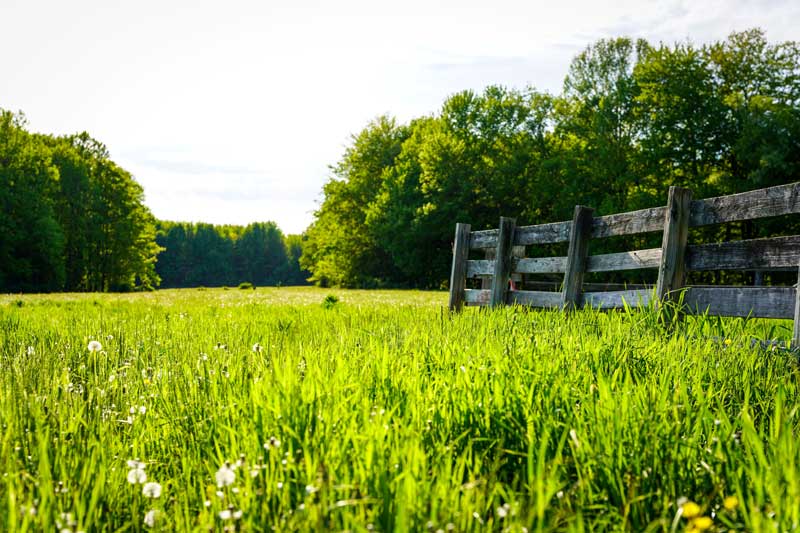
Excerpts from: Americanism Redux: May 4, on the journey to the American Founding, 250 years ago today, in 1773
There goes one. Gentle in the air. Falling, drifting onto the bright green grass without making a sound. Delicate and soft in its color and shade. The breeze carries it down. These are the blossoms of the fruit trees, descending one by one after a week of brilliant fragrance. They’ll begin to decay. . .
Neatly tended houses and barns dot either side of the road leading to Philadelphia.
About ten days ago Josiah Quincy II had traveled this road in his journey to this most prosperous and advanced community in the thirteen British colonies, in British America. He went as far south as the Carolinas and is now on his return home. . .
He’s been traveling throughout many of the colonies south of his native Massachusetts. Why? Quincy believes strongly in colonial rights and opposes British imperial power. He wants to know more about the people south of New England who also support the colonial cause. He’s investigating.
The Cause. It’s the most important thing in public life as Quincy understands it. He’s also principled, having joined with John Adams three years ago (1770) as the lawyers who represented British Redcoats charged with killing five colonists in the Boston Massacre. The King’s soldiers, the team of Quincy and Adams had argued, had deserved a fair trial with competent legal representation. The Quincy-Adams succeeded in defeating the charges against the accused soldiers. The Redcoats went free.
That’s the kind of person Josiah Quincy II is. Of honor, integrity, conviction.
His time today in Philadelphia has been as rich and absorbing as the rest of his southern journey. Today, 250 years ago, he meets for two hours with the wealthiest man in the city, Chief Justice William Allen. Allen leans toward British imperial power and away from the pro-colonial rights movement. Allen has told Quincy that Benjamin Franklin is dishonest, a sneak, a climber who scrambles up the next rung of the ladder with no regard for truth. Allen elaborates: Franklin is also the secret promoter of the Stamp Act back in 1765 that was the first real explosion in British-colonial relations. Quincy is convinced. He concludes, “I find men who are very great foes to each other in this province, (but) unite in their doubts, insinuations, and revilings of Franklin.”
Quincy is also convinced that yesterday he met likely the most famous man in the entire British-colonial dispute, John Dickinson. He’s the author of “Letters From A Pennsylvania Farmer” back in 1768 where he argued on behalf of both the colonial cause as well as restrained protest. No one involved in the Cause has not heard of Dickinson and his signature booklet. Up and down the Atlantic Coast, Dickinson is celebrated among pro-colonial supporters. He’s got it all, according to Quincy . . . However, Quincy suspects Dickinson is privately unhappy. Something about him raises suspicions in Quincy’s mind.
Dickinson tries to give Quincy a bound copy of the “Laws of Pennsylvania.” Quincy refuses politely the gift of the books. . .
Philadelphia is the most prominent place in British America as a living space of gathered people. And Josiah Quincy II has today, 250 years ago, collected his thoughts about some of the city’s leaders and what they portend in the current state of life.
Also
When you try to understand a place of people, what else do you look at?
Quincy looks at the world above him—in other words, spirituality. He’s a member of the Congregational Church in Boston, a Protestant believer in God, Christ, and the Holy Spirit. . .
He also watches out for appearances. . .
He notes the pleasure of the company he keeps, especially in conversation and dialogue. . .
He tours one of the community’s most advanced and innovative institutions, the College of Philadelphia. Afterwards, Quincy asserts that the reputation is undeserved, the college an empty shell.
For You Now
People living in a place. They are the engines of what will happen. As individuals, formed collectively into families or other groups, or joined within institutions and organizations, these people are the resources through which life finds itself. They are the change and they are the continuity.
Josiah Quincy II is gauging things. He wants to know the depth of commitment to the Cause among people he’s never met in places he’s never been. . .
He’s filtering everything through the experiences he’s already had. He may not even know—indeed, certainly doesn’t and cannot know—the extent to which his filters are shaping his conclusions and judgments. And when he reports to his former courtroom colleague John Adams or other people in the Cause, they’ll be equally in the dark as to the border within Quincy separating objective analysis and subjective assumption. The line between will waver, both visibly and invisibly.
This is as true for you in 2023 as it was for Josiah Quincy II today, 250 years ago.
Suggestion
Consider this: is there an American community you want to visit to help you gauge where the nation is now and where it seems to be heading?
TITLE: Americanism Redux: May 4, on the journey to the American Founding, 250 years ago today, in 1773
By Dr. Dan Miller
To know us better then is to know us more fully now. Welcome to Americanism Redux and my one-a-week stories of 250 years ago. For the all the stories thus far, Visit Historical Solutions, Dr Dan Miller’s website>
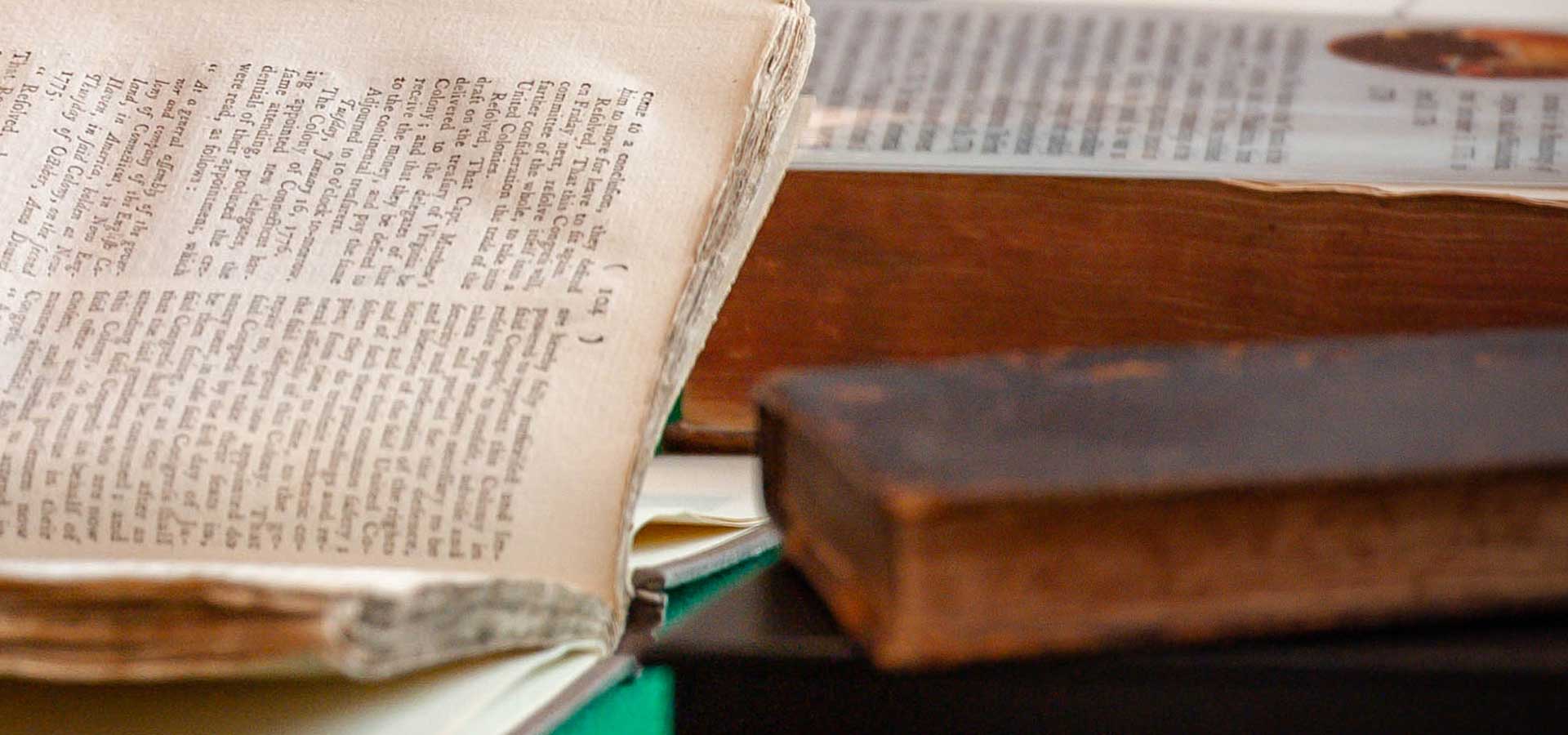
Reference: The Remnant Trust Collection
A Collection of Letters from a Farmer, in Pennsylvania, to the Inhabitants of the British Colonies by John Dickinson – Reference #0102
“Dickinson’s booklet was a must-read in 1773.”
View The Remnant Trust “Wisdom of the Ages Athenaeum PDF for reference>
Journey to the American Founding
Welcome to Americanism Redux, a series by historian author, Dr. Dan Miller. He explores what Americanism meant 250 years ago and its significance for America today.
What Can I Do?
We invite you to share our passion for Individual Liberty and Human Dignity to a new generation including educators, students, business leaders and Americans from all walks of life.
